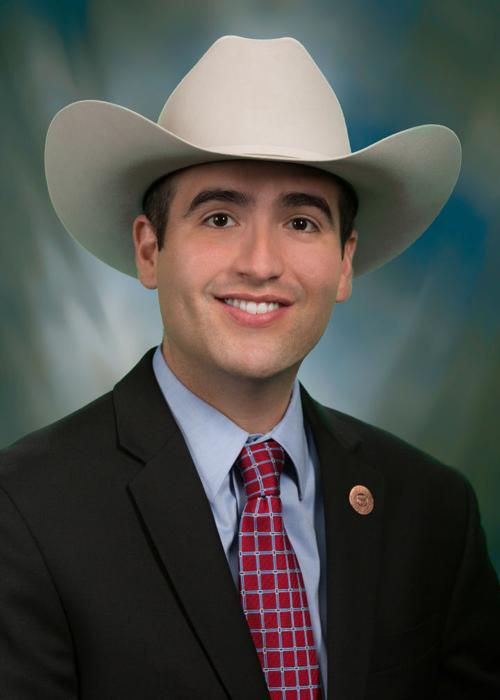PHOENIX — It may be gross to take the lid off a quart of ice cream, lick it, and then put it back on the shelf of a grocery store.
But what it’s not, according to Rep. T.J. Shope, is illegal. So now the Coolidge Republican wants to make it a crime, one that, depending on the circumstances, could land an offender in state prison.
That’s only one of the ways Shope is seeking to protect consumers.
A separate bill is aimed at those delivering food who, for whatever reason, decide it’s OK to sample what’s in the bag or box.
HB 2298 would extend the requirements to get a food-handler’s license to those who work for private delivery services like Uber Eats and Postmates.
But Shope’s main focus is HB 2299.
He cited viral internet videos called the “Blue Bell Challenge.” In it, a person take a container of ice cream off a store shelf, licks it and puts it back.
There also are videos of people spitting into containers of ice tea and putting the containers back for others to buy.
Shope said he’s heard of one such incident in Arizona.
“It’s been our understanding that law enforcement has been unable to charge,” he said, as there is no specific law in Arizona that covers the situation.
So his HB 2299, Shope said, is modeled after a law adopted in Texas.
The bill would make it a Class 2 misdemeanor to “knowingly introduce, add or mingle any bodily fluid, foreign object not intended for human consumption or unsanitary surface with any water, food, drink or other product that may be consumed by a human being.”
Violators could end up in the county jail for up to four months and face a fine of $750.
But Shope said the focus of his bill is “these viral wanna-bes that are manipulating food products.”
So HB 2299 reserves its felony penalty — up to a year in state prison — for those who post photos or videos online of what they have done. That same penalty also would apply if it turns out someone else ended up consuming the contaminated product.
Shope said the problem may not be limited to grocery stores.
“Places that have buffets have noticed some of this type of behavior as well,” he said. “So it runs the gamut.”
HB 2298 deals with a different kind of interaction between some people and food meant for someone else.
Last year US Foods, a major wholesale food distributor, conducted a survey of 1,518 people nationally who have food delivered by services like Uber Eats, Grubhub, DoorDash and Postmates as well as 497 who said they had worked for at least one of the food deliver apps.
It turns out that 21% of customers suspected drivers had sampled some of their food. But the problem actually is larger, with 28% of those who delivery admitting they had taken food from an order.
Shope’s solution: license these independent drivers the same way employees of restaurants already have to get certified as food handlers. That, he said, would instruct them on things like safe handling of food and preventing contamination.
Still, Shope conceded, nothing in that bill actually would keep a delivery driver from dipping into the fries or taking a sip of that milkshake. If nothing else, he said, it might make those on the delivery end at least “make a dent and make people feel more comfortable about what they’re eating at home.”
No date has yet been set for a hearing on either measure.





